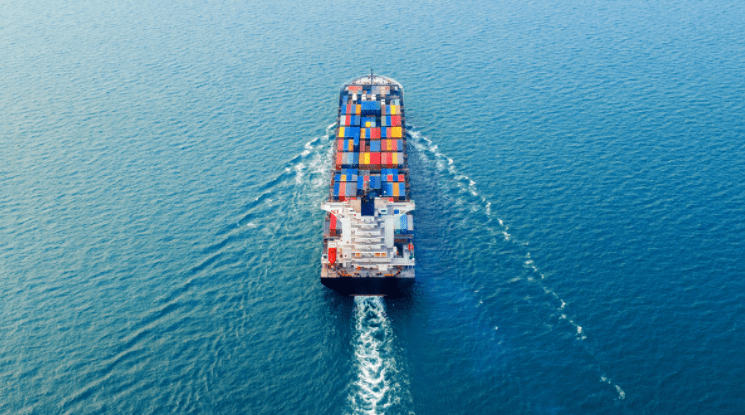Between January and March 2022, countries used some 450 trade policy measures, according to data from the United Nations Conference on Trade and Development (UNCTAD).
Some of these measures consisted of tariff exemptions or reductions aimed at reducing domestic prices of essential products, but most of these policy interventions took the form of non-tariff measures.
Nearly two-thirds of the non-tariff measures were trade restrictive, such as export bans and additional licensing requirements.
Non-tariff trade facilitation measures included measures to speed up customs clearance, reduce the number of restrictions, and simplify procedures for importing critical products.
Both developing and developed countries made extensive use of non-tariff measures to facilitate the availability of products in high demand during the pandemic.
In particular, most of the non-tariff measures were implemented at the beginning of the pandemic, particularly in March and April 2020.
As the emergency calmed down and the number of critical product shortages decreased, the number of new trade measures imposed dropped significantly.
According to UNCTAD, trade policy had important effects on the resilience of trade during the pandemic. Low trade costs and high levels of economic integration played an important role in increasing the resilience of international trade.
An indication of such dynamics is that trade subject to deep agreements (that is, agreements with an expanded scope, beyond tariff concessions) was substantially more resilient during the trade downturn in 2020.
UNCTAD
On average, trade under deep trade agreements fell 4 percentage points less than world averages.
One possible reason is that trade agreements that go beyond mutual market access concessions often reduce the uncertainty of cross-border transactions because they provide for stronger political commitments, a more developed legal framework, and improved regulatory convergence.
In general, trade policy has been an important instrument in government responses related to mitigating the economic and health effects of the pandemic.
![]()

